What Happen When We Add Our Waste To The Our Environment
Key Notes:
Introduction
- Waste refers to unwanted or unusable materials that are discarded after use, including household, industrial, and agricultural waste.
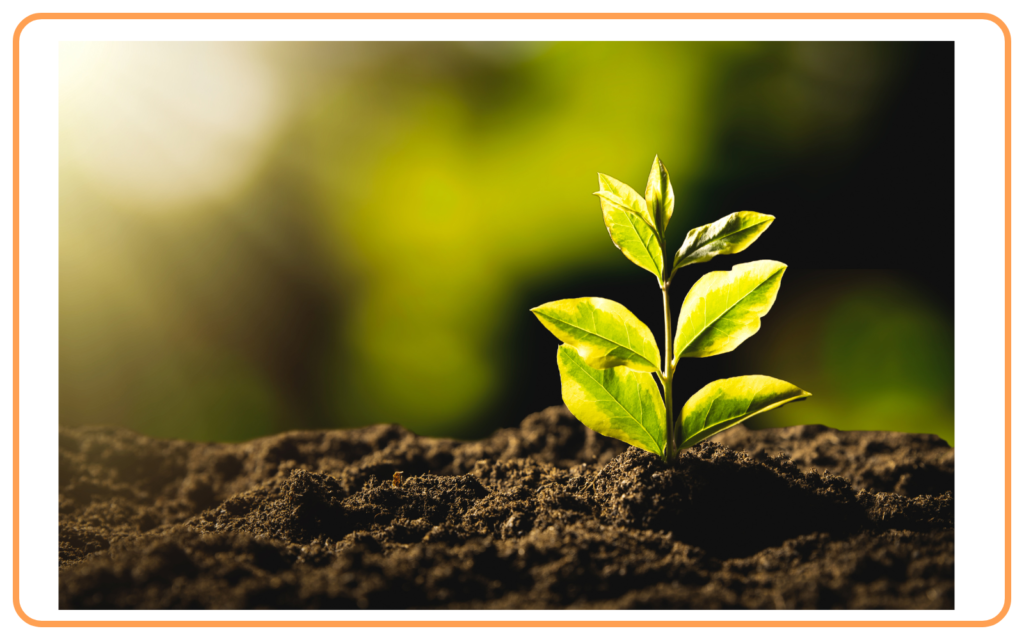
- Improper disposal of waste can have harmful effects on the environment, ecosystems, and human health.
- Waste management is essential to minimize these impacts and protect the environment.
Types of Waste
Waste can be broadly classified into two categories:
- Biodegradable Waste: Waste that can be decomposed by natural processes, such as food scraps, paper, and plant materials.
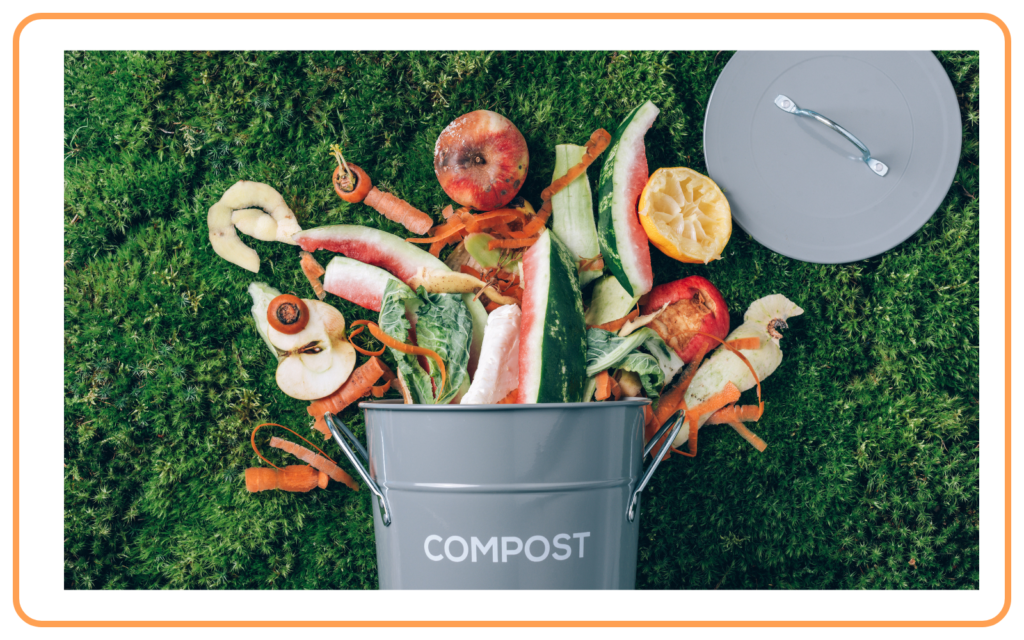
- Non-Biodegradable Waste: Waste that does not decompose easily, such as plastics, metals, and glass.

- Hazardous Waste: Waste that poses significant risks to health or the environment, such as chemicals, batteries, and medical waste.
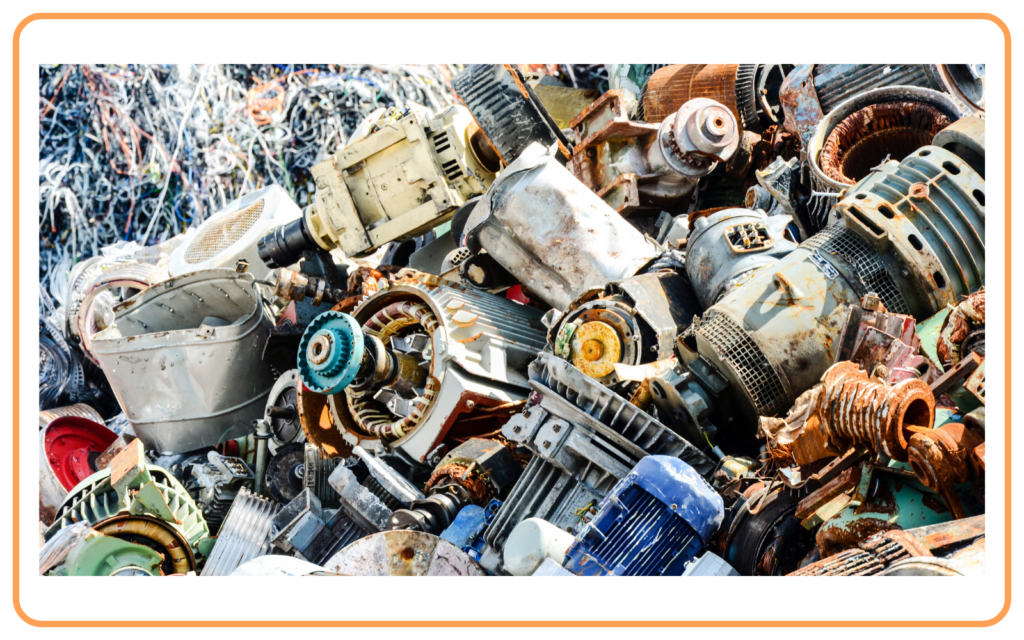
- E-Waste: Discarded electronic devices like mobile phones, computers, and TVs.
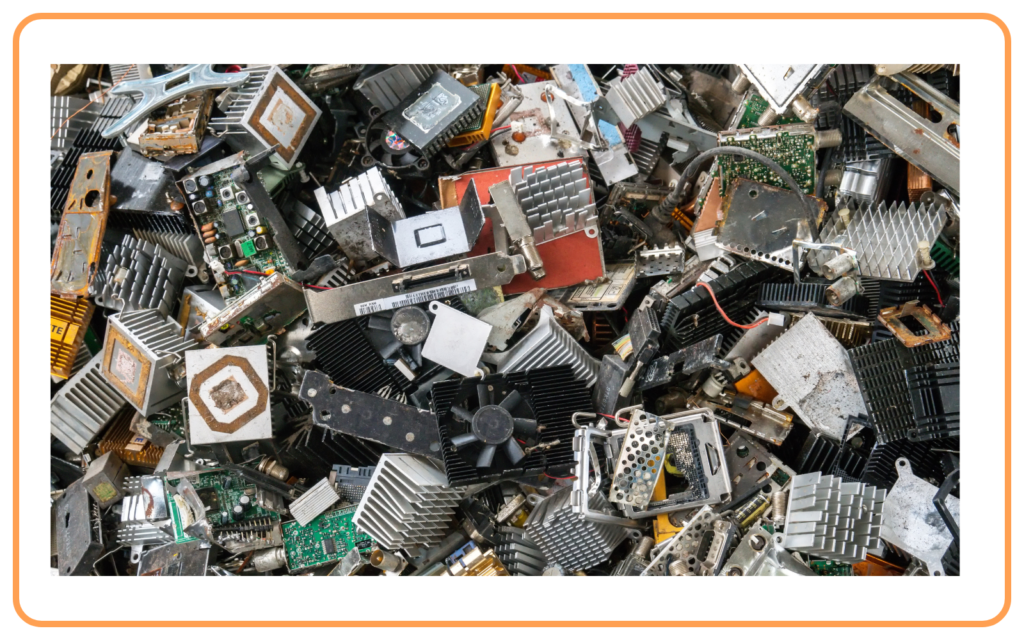
Environmental Impacts of Waste Disposal
A. Land Pollution
- Improper waste disposal in landfills or open areas leads to land pollution.
- Non-biodegradable waste like plastic and metal takes hundreds to thousands of years to decompose.
- Chemical waste can contaminate soil, making it unsuitable for agriculture.
- Large landfills create unsightly landscapes and take up valuable land space.
- Leachate (a liquid formed from the decomposition of waste) can seep into the soil, polluting groundwater.
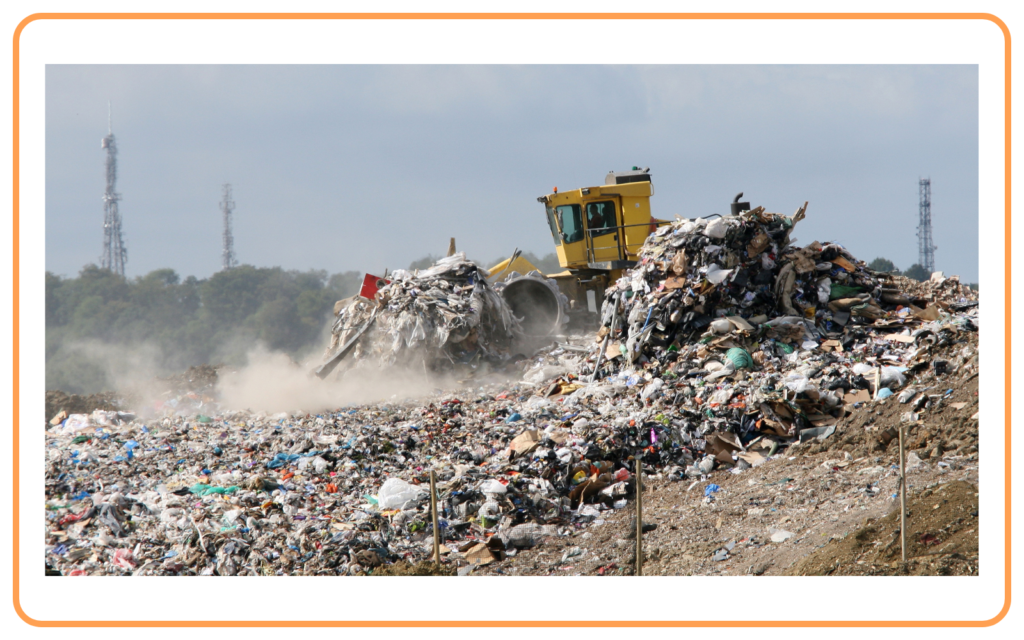
B. Water Pollution
- Waste that is not properly disposed of can end up in rivers, lakes, and oceans, leading to water pollution.
- Plastic waste: Floating plastics can entangle aquatic animals and cause injury or death.
- Toxic substances: Chemicals from industrial waste, pesticides, or untreated sewage can poison aquatic life and contaminate drinking water sources.
- Eutrophication: The excess nutrients from organic waste (like sewage and agricultural run-off) lead to algal blooms, depleting oxygen levels and killing aquatic organisms.
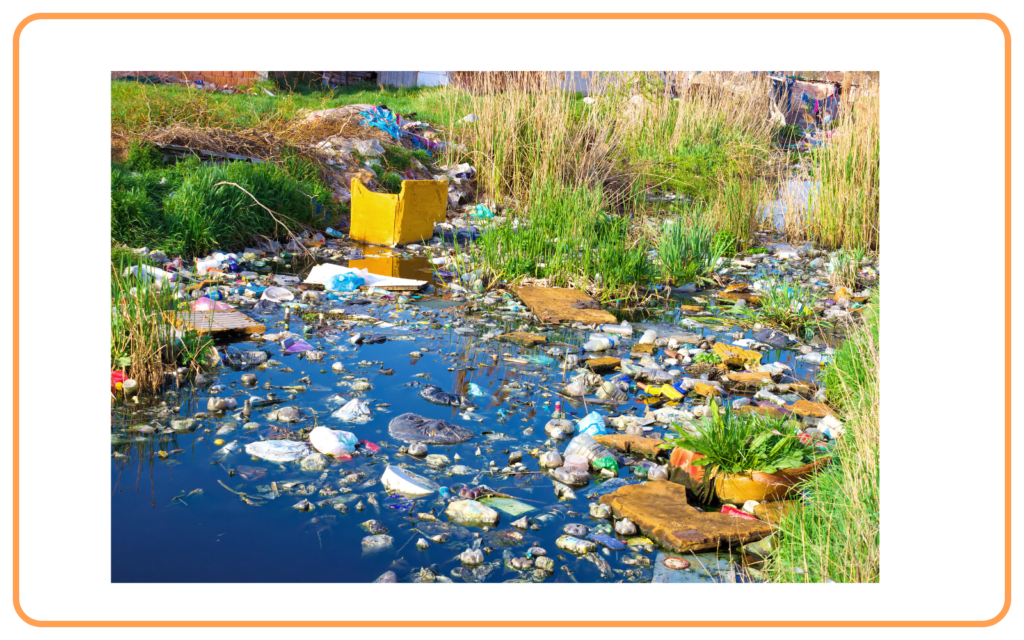
C. Air Pollution
- Burning of waste (especially plastics and other synthetic materials) releases toxic gases like carbon monoxide, dioxins, and fumes into the atmosphere.
- These gases can pollute the air, contributing to global warming, acid rain, and respiratory diseases.
- Burning of organic waste releases methane, a potent greenhouse gas, contributing to climate change.
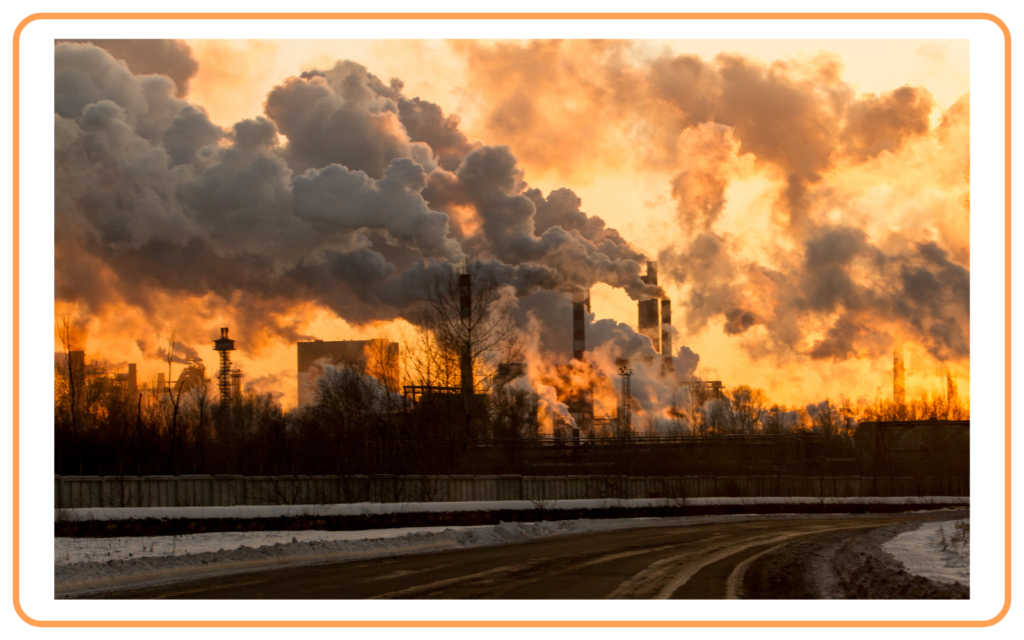
Effects on Ecosystems and Biodiversity
- Toxic Waste: Hazardous chemicals and e-waste often contain harmful substances like lead, mercury, and cadmium, which can poison wildlife and disrupt ecosystems.
- These substances can accumulate in the food chain, affecting both plants and animals.
- For example, plastics in the ocean can be ingested by marine animals, leading to starvation, suffocation, or death.
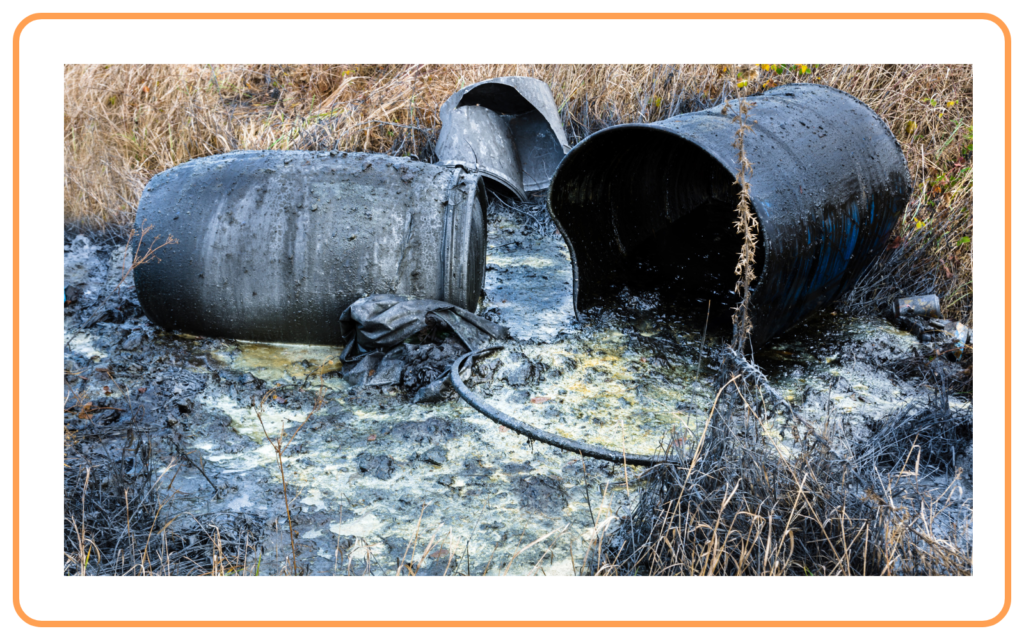
- Soil Fertility: The improper disposal of waste can degrade the soil’s structure and fertility, making it unsuitable for growing crops. Contaminants can decrease plant growth and affect the quality of the food produced.
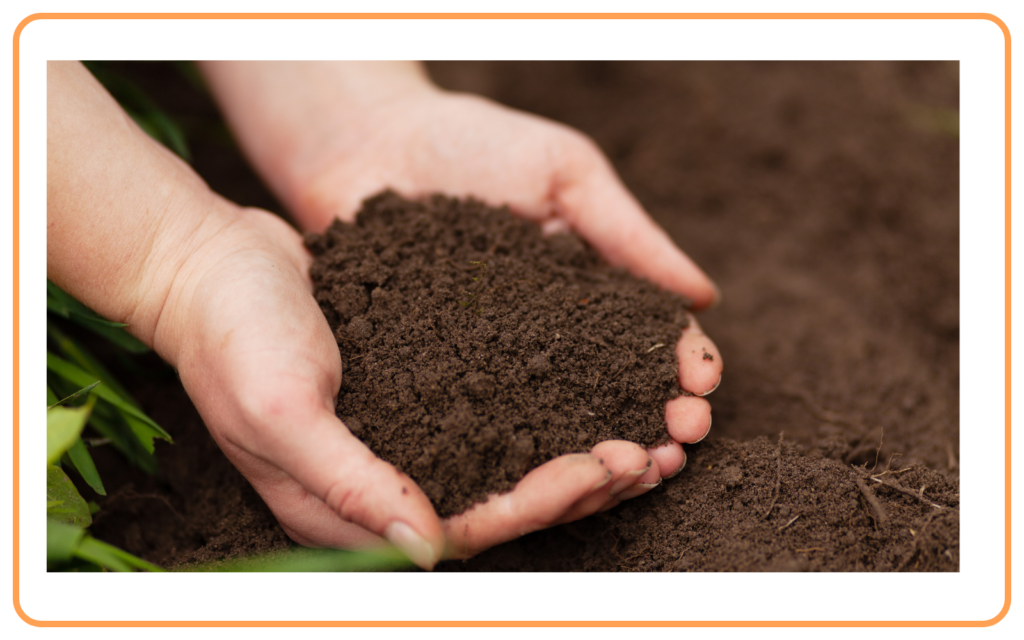
Human Health Risks
- Exposure to waste: When waste is improperly managed, it can result in direct contact with toxic chemicals, infectious diseases, and contaminated water.
- Airborne pathogens from waste piles can cause respiratory infections.
- Contaminated food can lead to diseases like cholera and diarrhea.
- Heavy metals like mercury and lead can affect the nervous system and kidneys in humans.
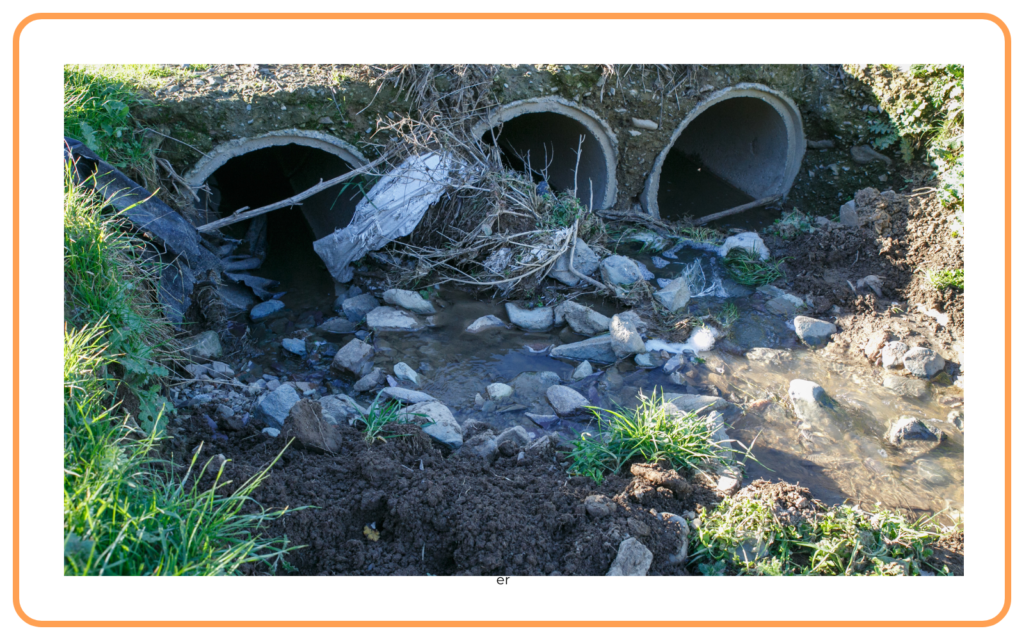
- Mental Health: Prolonged exposure to polluted environments can lead to stress, anxiety, and depression due to environmental degradation and unsanitary living conditions.

Climate Change and Global Warming
- Methane emissions from organic waste in landfills and the burning of waste contribute to the greenhouse effect, increasing global warming.
- The rising temperatures due to waste accumulation can alter weather patterns, melt ice caps, and raise sea levels.
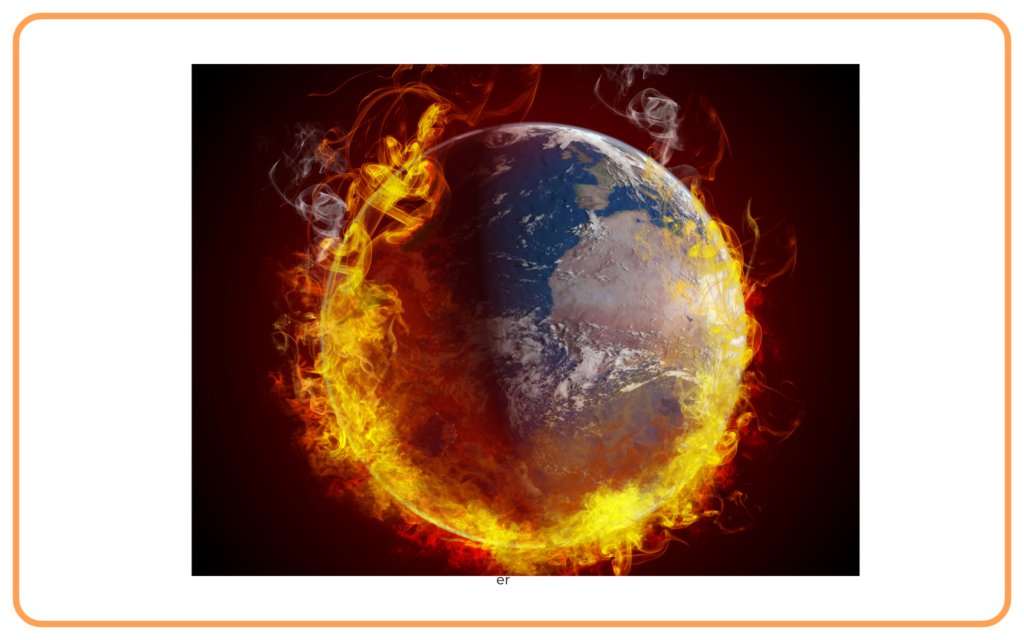
Waste and the Economy
- Waste accumulation leads to increased costs for waste management and cleanup.
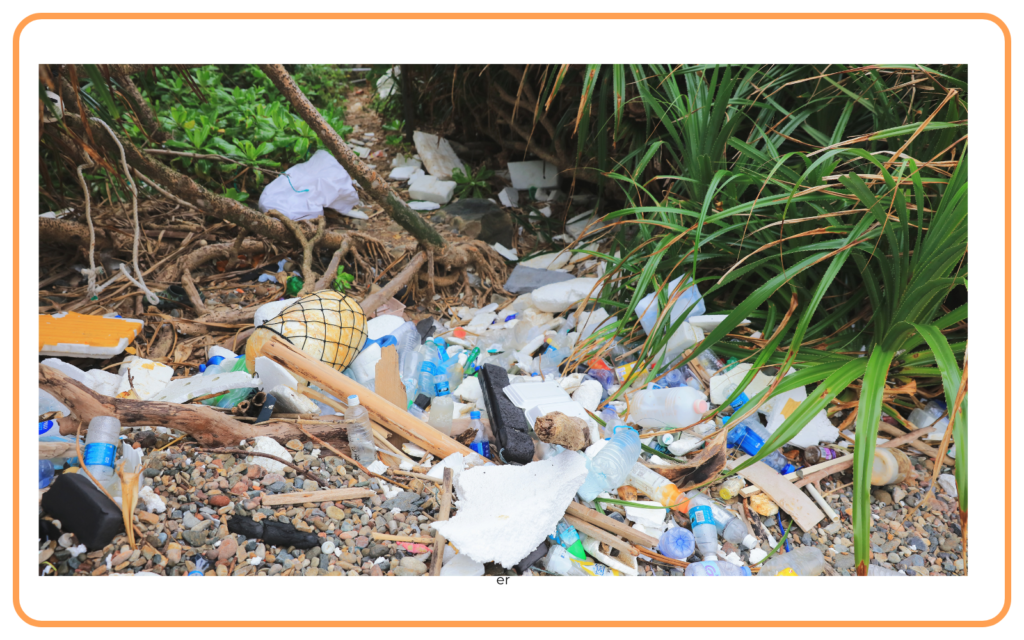
- Waste management requires significant resources, including land, labor, and energy, which could otherwise be used for productive purposes.
- Poor waste management can deter tourism, damage agricultural lands, and harm local economies.
Sustainable Waste Management Solutions
A. Reduce, Reuse, Recycle
- Reduce: Minimizing waste production by buying products with less packaging and opting for reusable items.
- Reuse: Finding new uses for old items to extend their life and reduce the need for disposal.
- Recycle: Sorting and processing materials like paper, glass, plastic, and metals to create new products.
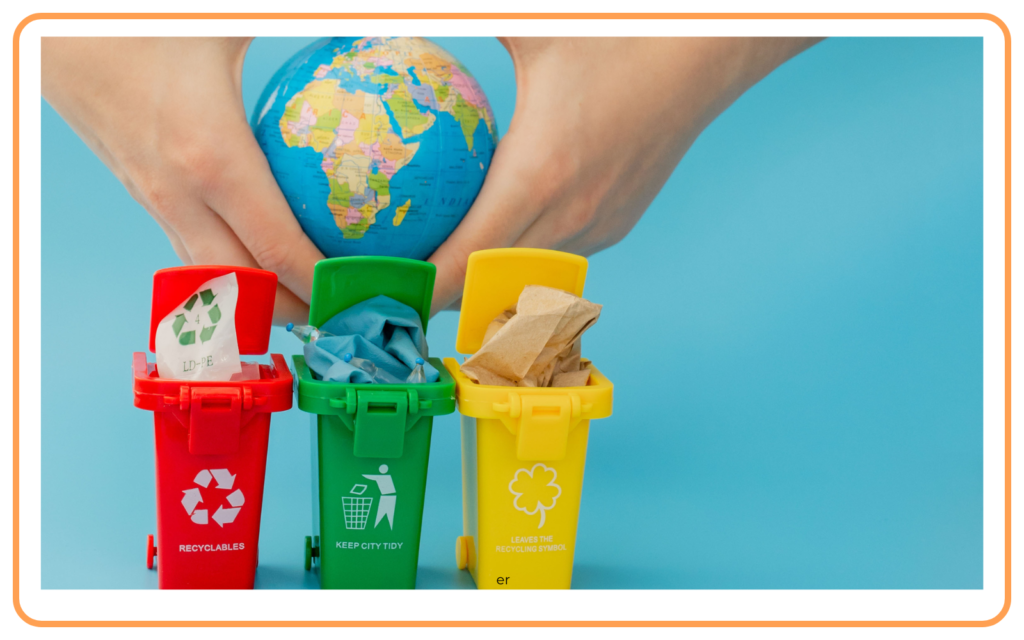
B. Waste Segregation
- Segregating waste at the source (household, commercial, industrial) into wet (biodegradable) and dry (non-biodegradable) waste makes disposal and recycling easier.
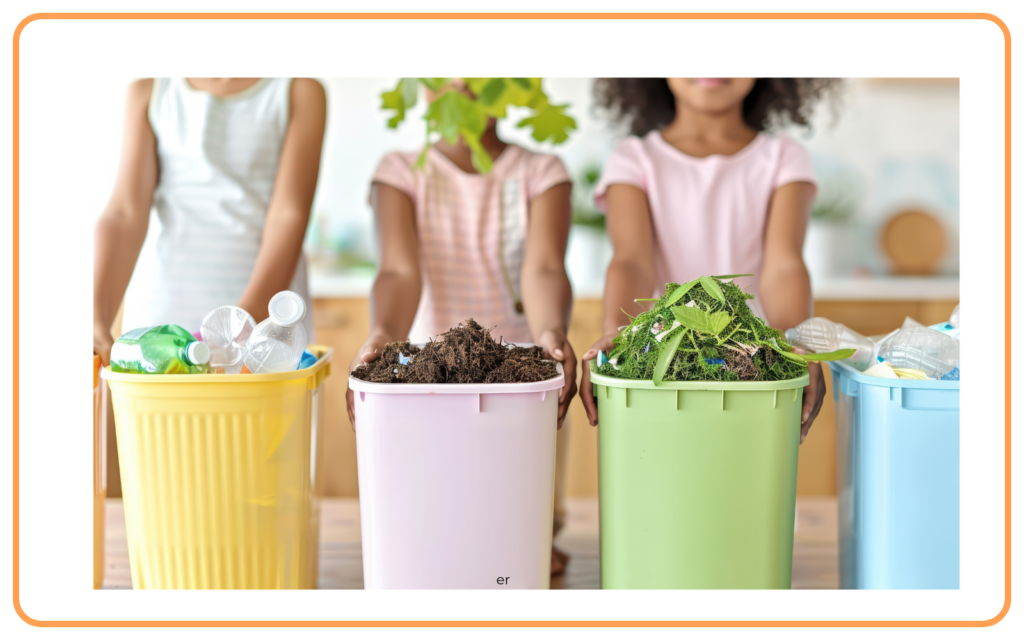
C. Composting
- Organic waste like kitchen scraps, leaves, and garden waste can be turned into compost, a valuable fertilizer for soil.
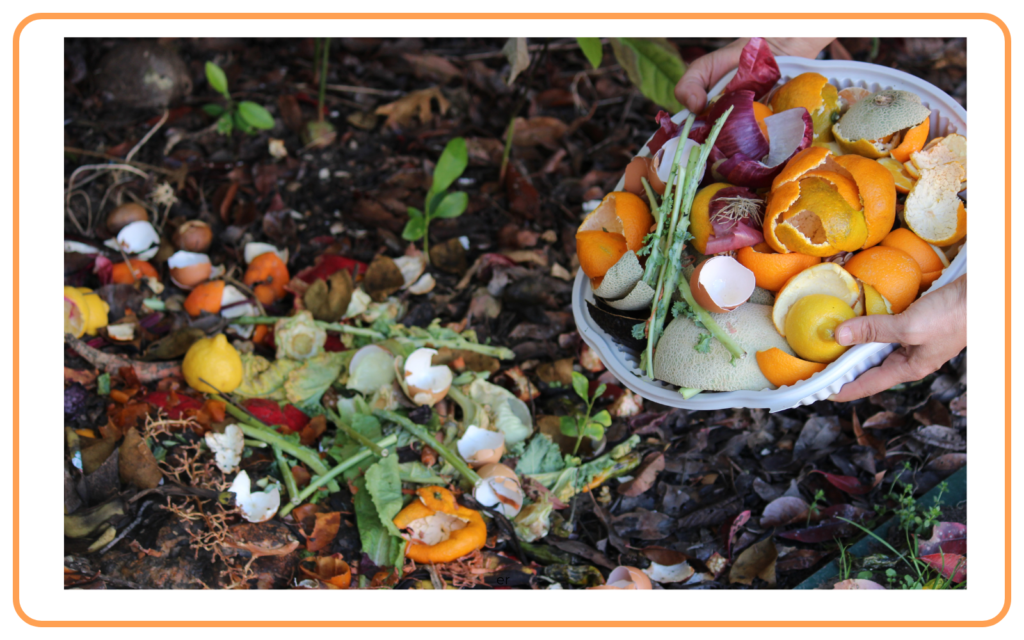
D. Sustainable Landfills
- Modern landfills are designed with linings to prevent toxic substances from contaminating soil and water.
- Waste-to-energy plants can help convert waste into energy, reducing landfill use.
E. Public Awareness and Education
- Educating the public about the importance of proper waste management and its environmental consequences is crucial for fostering responsible behaviors.
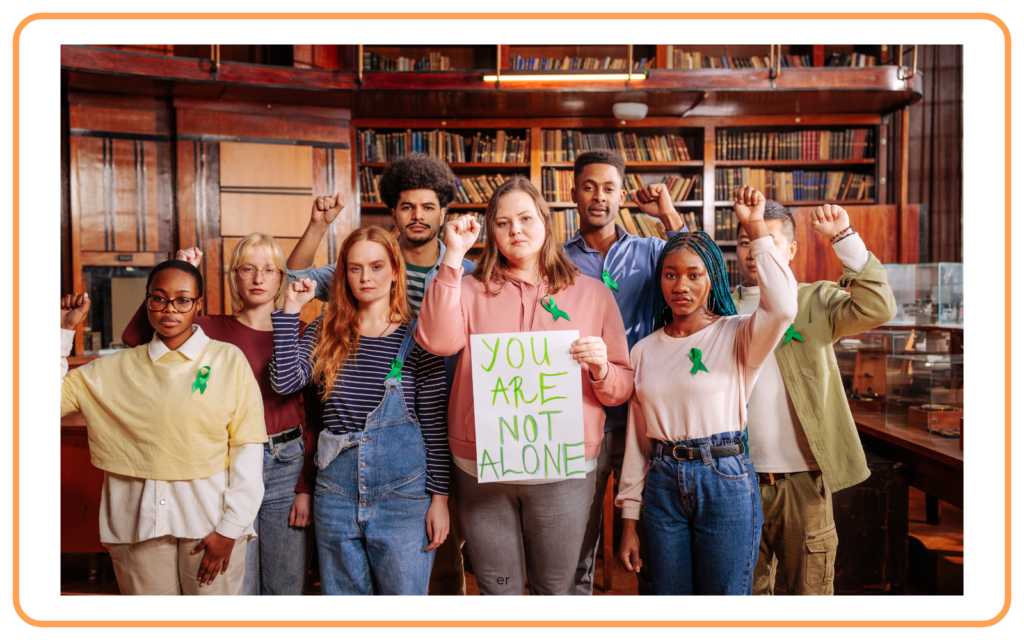
Conclusion
- The improper disposal of waste has significant negative effects on land, water, and air, leading to pollution, health risks, and ecosystem damage.
- Adopting effective waste management strategies like reducing, reusing, and recycling can help minimize these impacts and ensure a cleaner, healthier environment for future generations.
Let’s practice!

